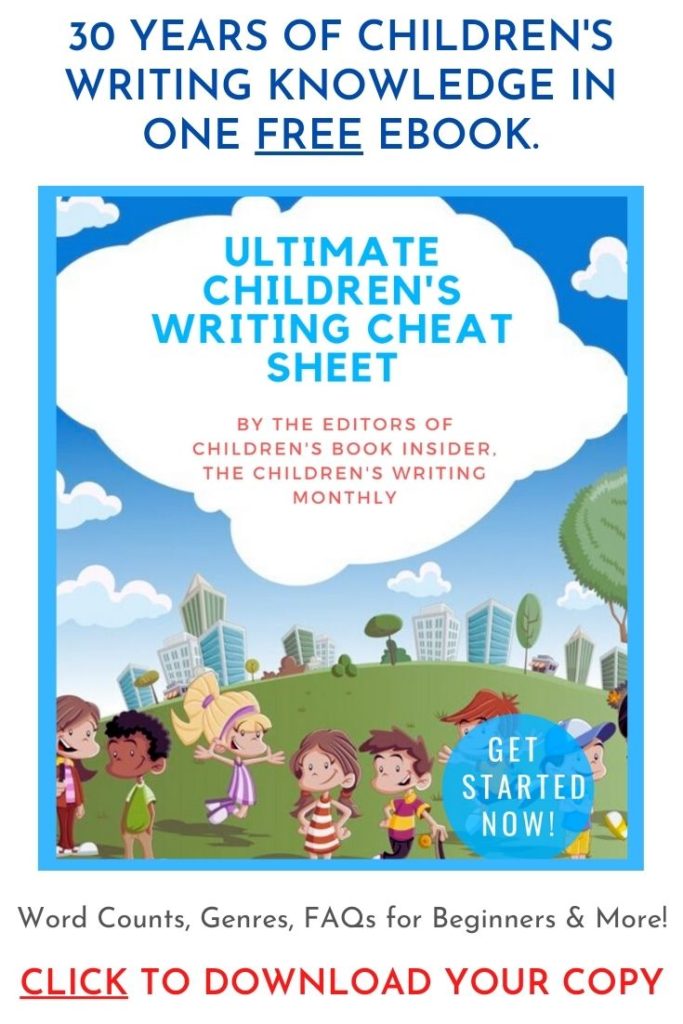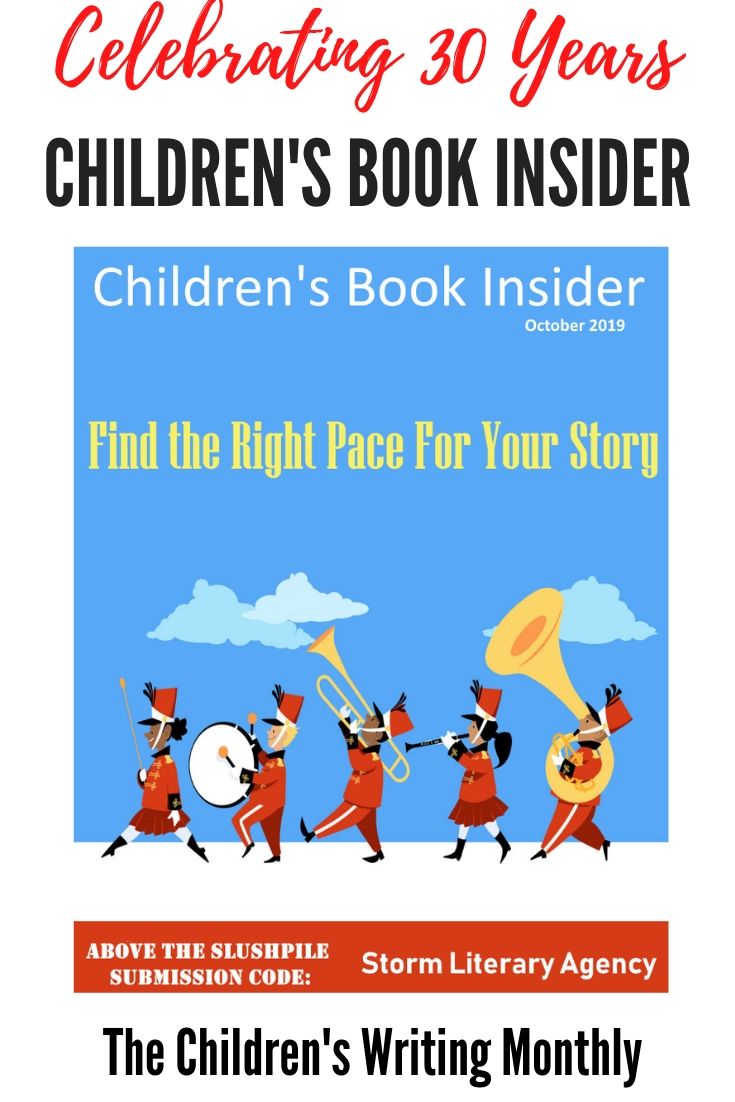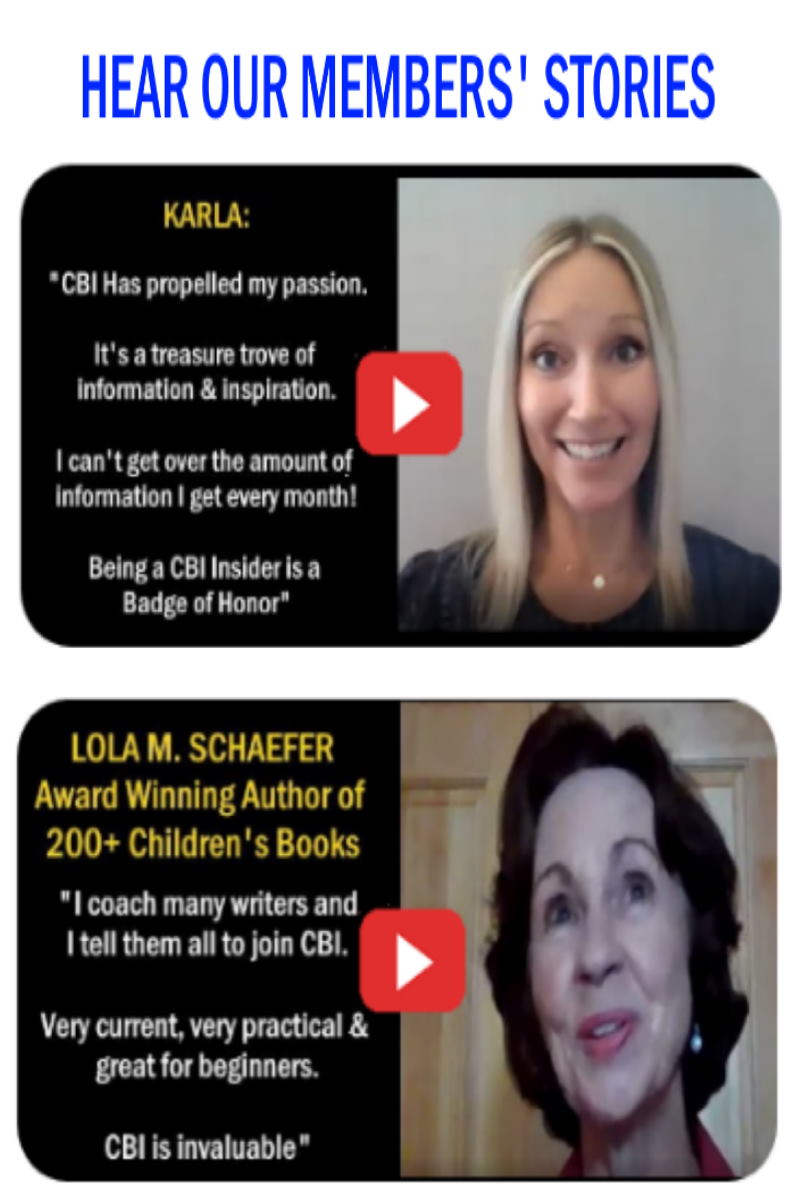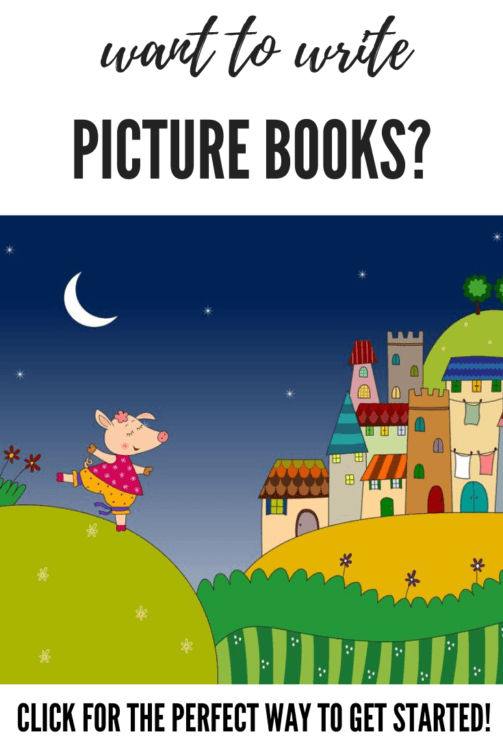
by Jane Choate
Occasionally, the well for new story ideas runs dry and we must mine for fresh ones. We all know to look in such places as the newspaper, television news, and even advertisements for ideas. But have you thought of researching yourself? You are a mine of experiences, feelings, and knowledge.
I don’t have an interesting life, you may protest. Or nothing ever happens to me. Or I’m so boring. Nobody would want to read about my life. Really? Think again.
Look to the past.
Why look at your ancestors for story ideas, especially if you are writing contemporary set books? Though experiences can be vastly different, feelings are universal. My ancestors came by handcart and wagon train to the Salt Lake Valley in the Mormon migration in the 1840s through the 1860s. Their perseverance, courage, and sacrifice provide countless ideas for me as well as inspiration when I start feeling sorry for myself.
How to use this in your writing:
Pull from your family’s past, both recent and long ago. Your ancestors no doubt led rich and varied lives. Though the circumstances were far different, I pulled from my ancestors’ experiences of leaving their comfortable homes and journeying into an unknown land to write a short story for very young children about having to leave their home and move across the state for their father’s new job. The feeling of being yanked from all that is familiar is a common and relatable one.
What about your family? Were they immigrants who fled another country to come to the United States for a better life? Did your grandparents or great-grandparents weather the Great Depression and survived upon rice and beans and little else? What about more recent family? Every family has its stories. If you don’t know many stories about yours, interview your parents, your aunts and uncles, your grandparents.
Interview yourself.
Though you know yourself intimately, you may not recognize everything that is unique about you. What crises have you weathered? Have you suffered a severe loss? Whether it be the death of a parent, a child, a divorce, a job loss, you’ve undoubtedly experienced grief. Channel that grief into a story for a child.
How to use this in your writing:
Using your own experiences and the resulting feelings, put yourself in the character’s place and ask yourself what he/she is feeling. Ask yourself what does grief feel like? Describe the white-hot pain, the anger, the denial, and, finally, the acceptance that things will never again be the same. Draw deep from within you and write about the certainty that your life is over. Write from a child’s point-of-view (of course you’ll make the story appropriate for your targeted age readership).
Check in with your passions.
When you are passionate about something, you bring that enthusiasm and intensity to your writing. Are you passionate about singing? Playing the violin? Painting? Now try to imagine if you weren’t able to pursue your passions. How would that feel?
How to use this in your writing:
As a writing exercise, use your feelings of passion to write a few scenes about a boy who is passionate about making the middle school basketball team. He wants to play first string and is deeply disappointed when he doesn’t make it. Write realistically and sensitively about his feelings. If you’re writing for younger children, as an exercise imagine what a preschooler might be passionate about. Could he want to go to school with his older brother and be told “no,” that he is too little? Use what you learn from exercises like this to infuse the characters in your work-in-progress with passions of their own.
Give yourself credit for volunteer activities.
Why? Where you give your time, your energy, and your means shows what matters to you. Do you volunteer at your church, perhaps playing the piano or organ? Do you help at your children or grandchildren’s schools? Do you serve in the community?
How to use this in your writing:
Use those feelings of service to help you describe a small child’s feelings when he is given the opportunity to share his toys with a family who has lost everything, perhaps in a fire, or perhaps a displaced refugee family. Several years ago, our area was hit by terrific rains and floods. Many people lost their homes or had their belongings destroyed by mud.
A center was set up in Loveland where people could go and pick up basic necessities for life, from food to household goods to clothes. People of all ages donated things to help those who had lost so much. My husband and I volunteered at the center and witnessed remarkable examples of service and generosity. I found inspiration for several short stories there.
Go back in time and recall your “firsts.”
“Firsts” are frequently the most memorable. You may not remember the third car you had, but chances are you remember the first. The same goes with first boyfriend, first kiss, first babysitting job, and the first job that wasn’t babysitting.
How to use this in your writing:
Remember the heady excitement of your first boyfriend/girlfriend? Bring that to your story about a fifteen-year-old girl who has been asked out on her first date. What if you’re writing a book for younger children? You can still explore those feelings. What “first” might a three-year-old boy be excited over and yet frightened about at the same time? His first pet, whether turtle, dog, or gerbil? His first sleepover at his grandparents’ home? His first plane ride?
Look at your job.
The “why” of this is self-evident. You probably spend much of your day at your job, a job you’ve trained for and believe is important. Do you teach at an elementary school? You have a plethora of story ideas right there. Are you an engineer at a big company? Did you, as my husband did one time, lose important papers on a business trip? My poor husband beat himself up over that for weeks, but events like that can often find their way into fiction.
How to use this in your writing:
Extrapolate from your on-the-job experiences in to set-ups for your fiction. If you’ve experienced a “mess-up” in your work (and who of us hasn’t?), use it to describe a seven-year-old boy’s feelings when he runs the wrong way with the ball in a football game and is certain that everyone will laugh at him forever.
Remember, you are not trying to recount actual experiences. You are looking for feelings that we have all experienced, whatever our age. You are looking for genuine emotions to make your stories relevant to children of today. You are looking for story ideas that transcend a particular time and place. You are looking for universal truths.
For much more on finding story ideas from your own life experience – and then having the courage to write about yourself – check out our Writing Blueprints Masterclass The Courage to Write Your Own Experience at https://writingblueprints.com/p/the-courage-to-write-your-own-experience
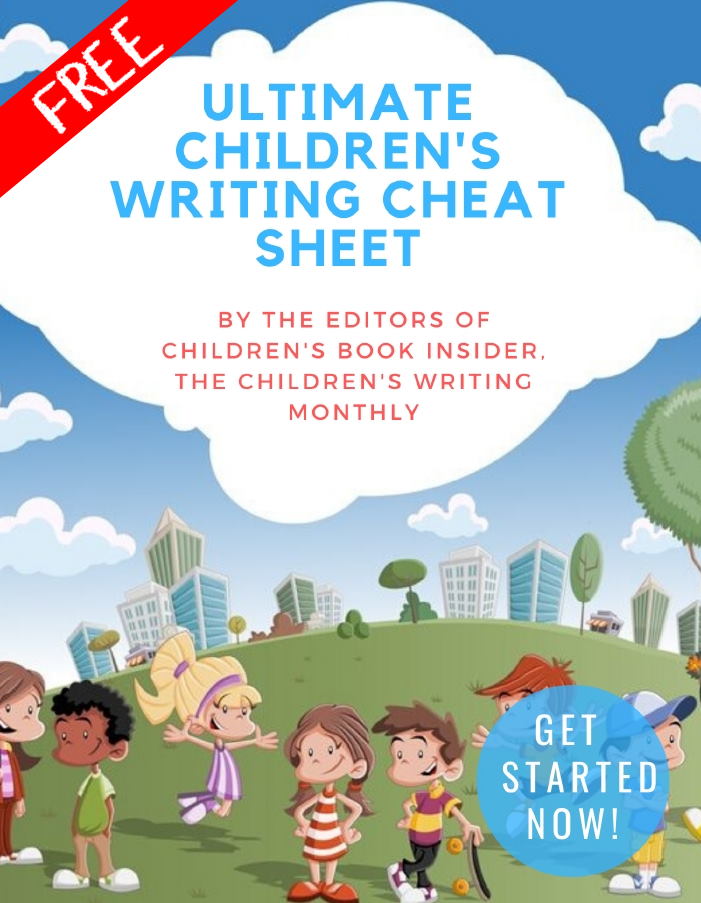
✏ Word Counts & Age Groups for Every Kidlit Category
✏ FAQs, Glossaries and Reading Lists
✏ Category-specific Tips, from Picture Books Through Young Adult Novels
✏ 5 Easy Ways to Improve Your Manuscript
✏ Writing For Magazines …and more!
This is a gift from the editors of Children’s Book Insider, and there’s no cost or obligation of any kind.
We will never spam you or share your personal information with anyone. Promise!
